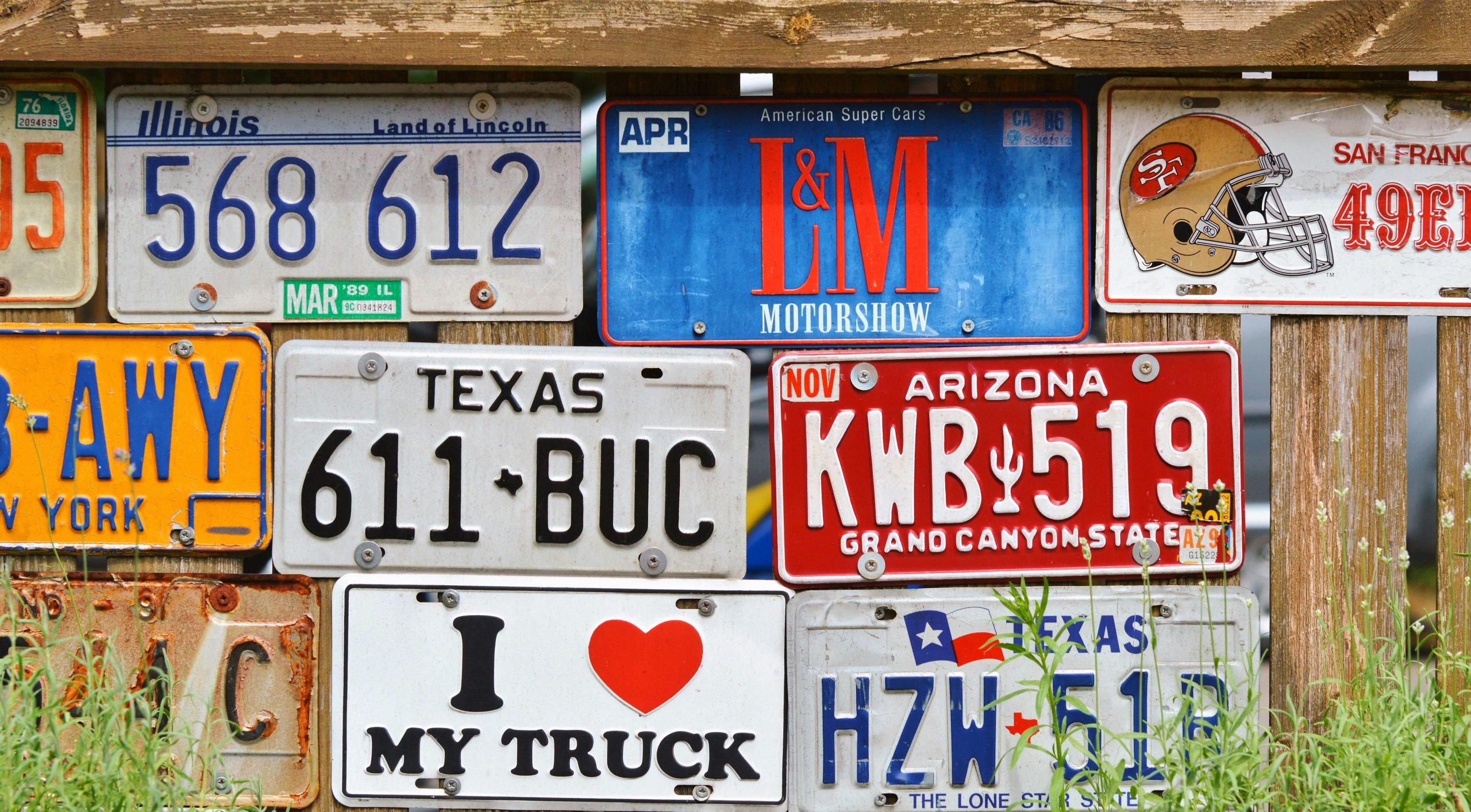Navigating the Aftermath: Finding Your Own Car Insurance at 18
Hey there! It certainly feels daunting to navigate the complexities of car insurance, especially after a crash that leaves your vehicle totaled. As an 18-year-old who’s recently been in an accident and issued a ticket, you’re understandably worried about the impact this might have on your insurance rates. Let’s discuss what you can expect and how to tackle this new responsibility.
Step One: Embrace the Challenge
First off, kudos for recognizing the importance of stepping up and taking control of the situation. With guidance from your grandmother and encouragement from your dad, this is an opportunity to learn and grow. It’s a learning moment that, although stressful, will serve you well in the long haul.
Understanding Insurance Rates Post-Accident
Currently, your mind is likely racing with thoughts about how this accident might affect your insurance premiums. At 18, insurers already categorize you as a high-risk driver due to your age alone. Add an at-fault accident and a traffic violation into the mix, and it’s reasonable to anticipate inflated premiums. However, there are ways to potentially moderate these costs.
Proactive Steps to Handle Your Situation
-
Traffic School: You’ve already mentioned you plan to attend driving school. This is a wise decision that can demonstrate your commitment to safe driving and could potentially reduce points on your license, depending on your state laws.
-
Paying the Ticket: Make prompt payment a priority for the ticket you received. This shows responsibility and prevents further complications such as late fees or increased fines.
-
Shopping Around: Don’t settle for the first insurance quote you get. Shop around, compare rates from different companies, and look for those that offer discounts for young drivers who complete driving courses or maintain good grades.
-
Consider a High-Deductible Plan: While this might seem risky given your recent accident, opting for a higher deductible could lower your premium. Just ensure you have enough savings to cover the deductible in case of another incident.
-
Seek Family Support: Although your dad insists on independence regarding your insurance, financial assistance or advice from him or your grandmother can be invaluable. Sometimes, utilizing family experience and support doesn’t mean you’re doing it alone—it’s a smart way to navigate new responsibilities.
Final Thoughts
Transitioning to managing your own insurance is a big step, but with careful planning and proactive measures, you can manage it effectively. While the current situation is nerve-w




Firstly, it’s great that you’re proactively seeking advice to navigate this challenging situation. Here’s a step-by-step approach to help you manage it:
Since you caused the accident and were issued a ticket, these factors will likely increase your insurance rates. The impact will vary depending on the severity of the accident and the specific violation recorded on the ticket.
Assess Your Insurance Needs:
Evaluate the type of coverage you need. Consider factors like your driving habits, the type of car you plan to insure next, and any state-mandated requirements. Since your previous car was totaled, you’ll need to insure your next vehicle based on these factors.
Research Insurance Providers:
Use comparison websites to gather quotes from several insurers. This will give you a holistic view of what different companies are offering.
Consider Insurance Discounts:
Also, check for discounts related to bundling insurance (like combining auto and renter’s insurance), if applicable.
Set Expectations for Your Rates:
Given your age, recent incident, and lack of a lengthy driving history, your rates will indeed be higher. However, responsible actions, such as maintaining a clean record, securing your grandmother’s support where possible, and taking defensive driving courses, can help mitigate some costs over time.
Work on Building a Better Record:
Now is the time to be extra cautious and build a positive driving record. Avoiding further tickets or accidents will be crucial. Insurance companies will gradually lower rates as they see this improvement.
Financial Planning and Budgeting:
With higher insurance costs, budgeting becomes essential. Discuss your budget with your grandmother or another trusted advisor to ensure you are financially prepared for both the immediate costs and any ongoing premiums.
Seek Professional Advice:
Above all, it’s important to remain calm and informed. While this situation is